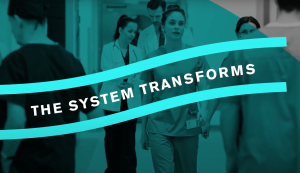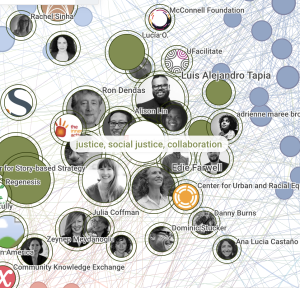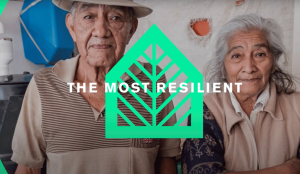Field and Practice
The School of System Change collaborates with foundations, academics and creatives to build the field, creating accessible resources that help changemakers to design more systemic strategies and actions.
Discover our blog
On our blog, you’ll read contributions from a wide range of people and organisations who share our enthusiasm and our ambition for a just and regenerative future, and our desire to learn from each other.
Unearthing the Inquiries to Monitoring, Evaluation and Learning as Systemic Practice
Having worked in change making spaces for twenty years, and being passionate about learning, I have always been interested and enjoyed the work of monitoring …












